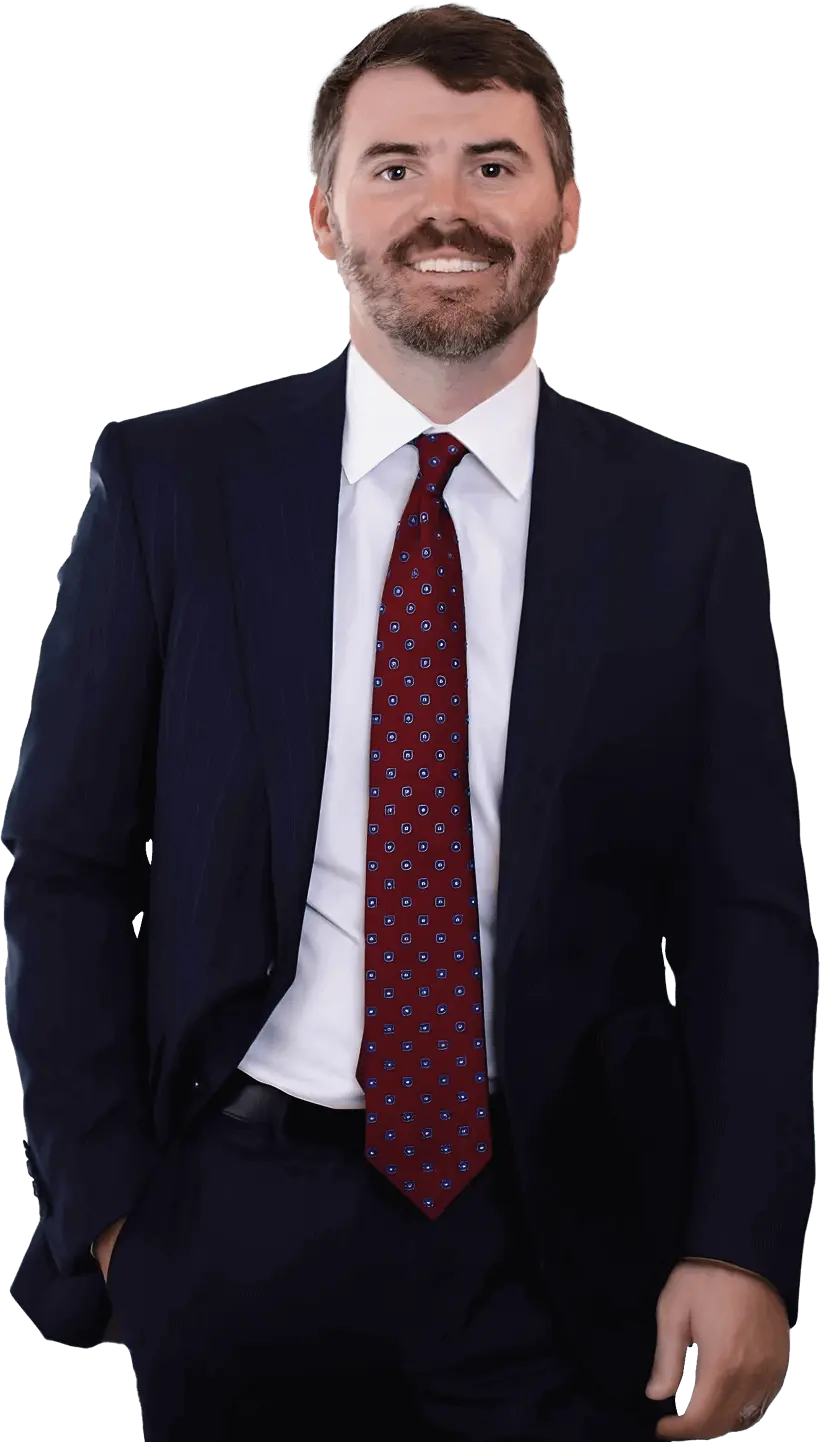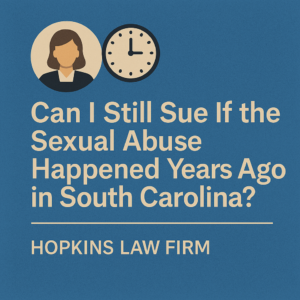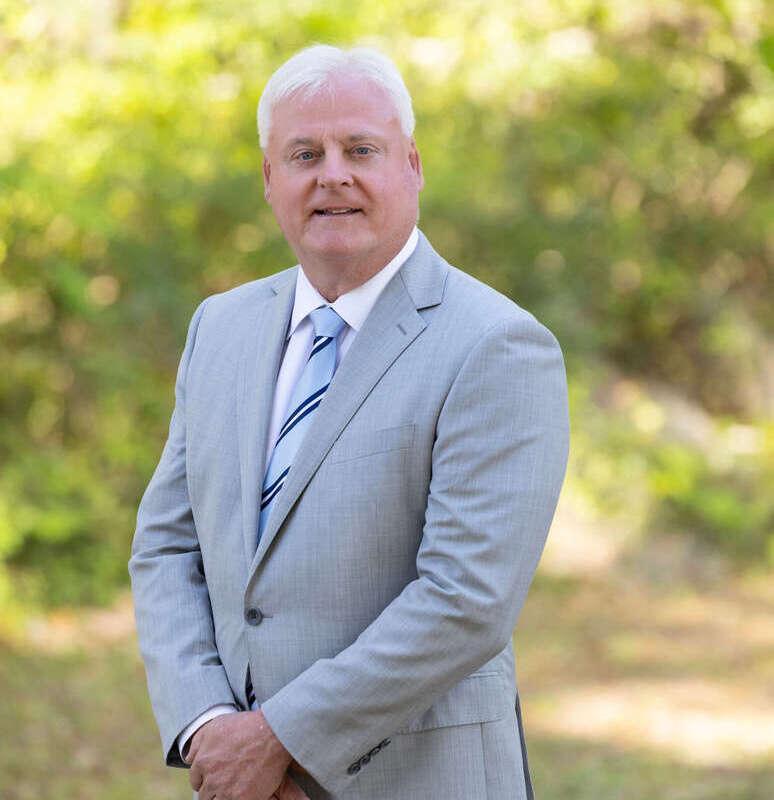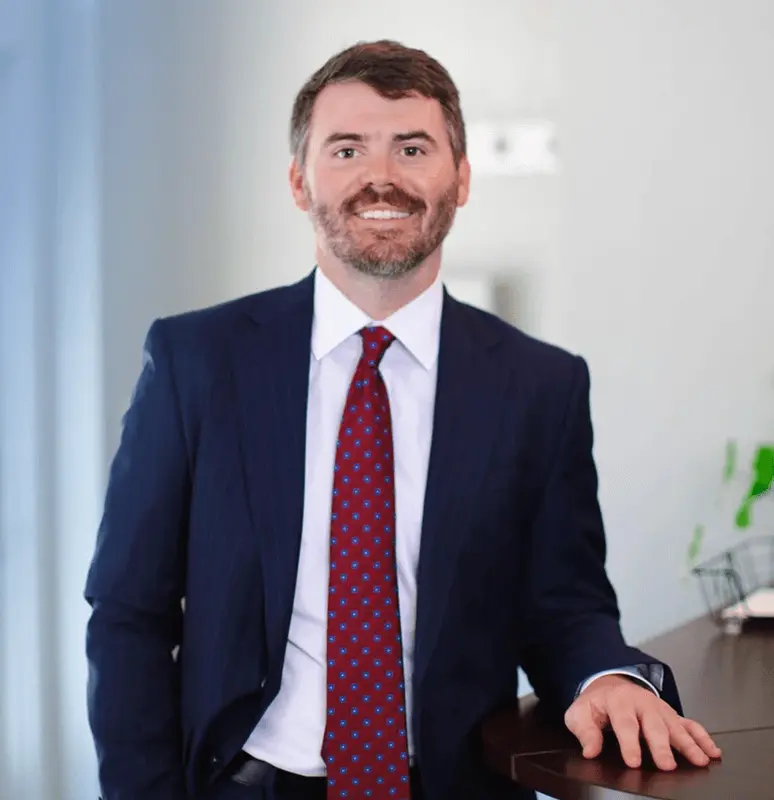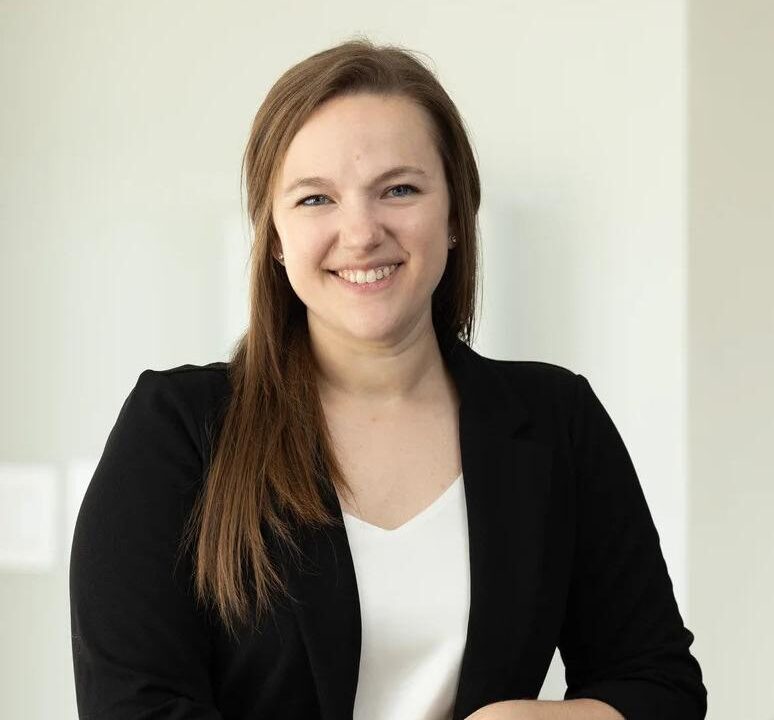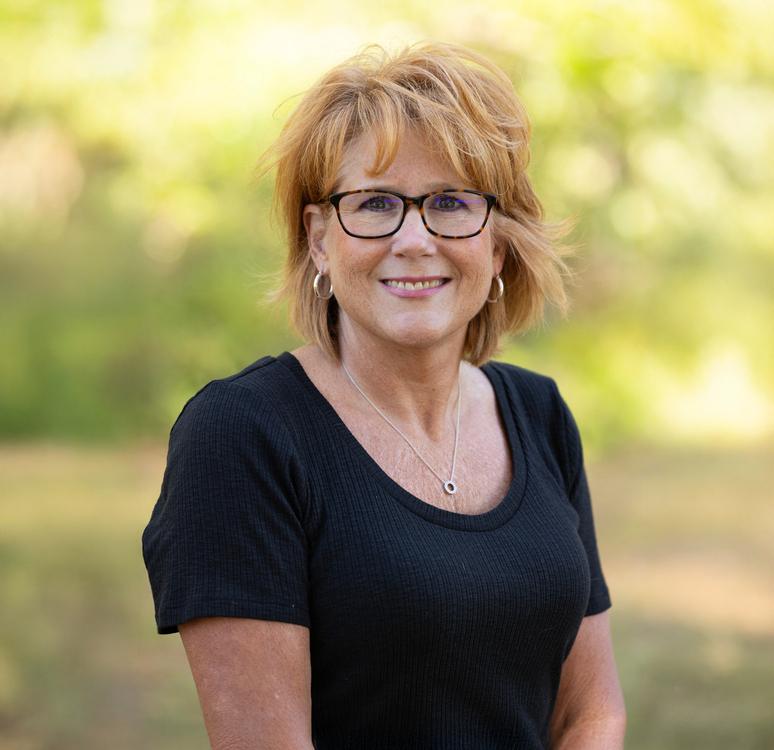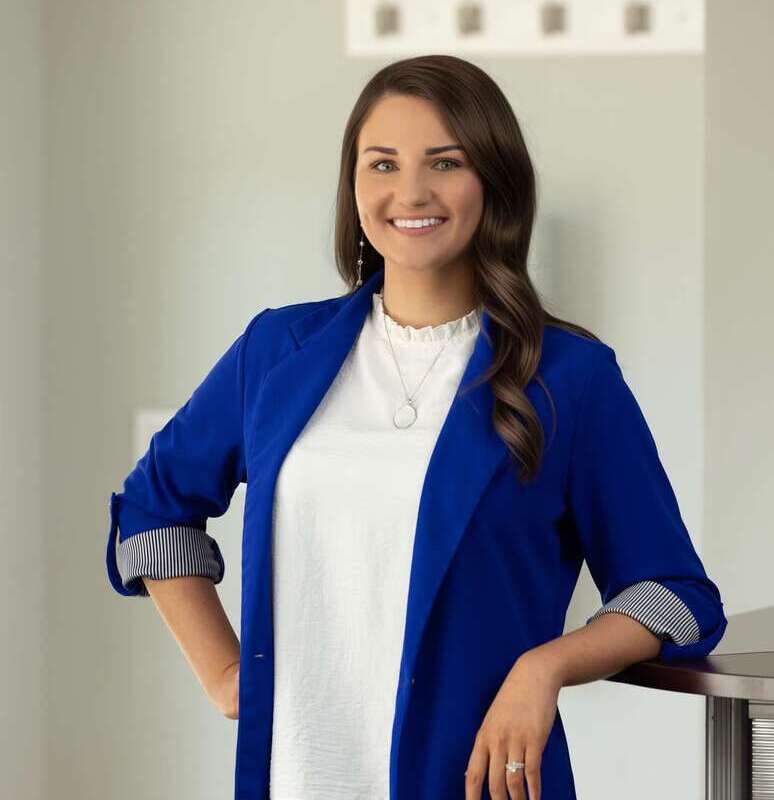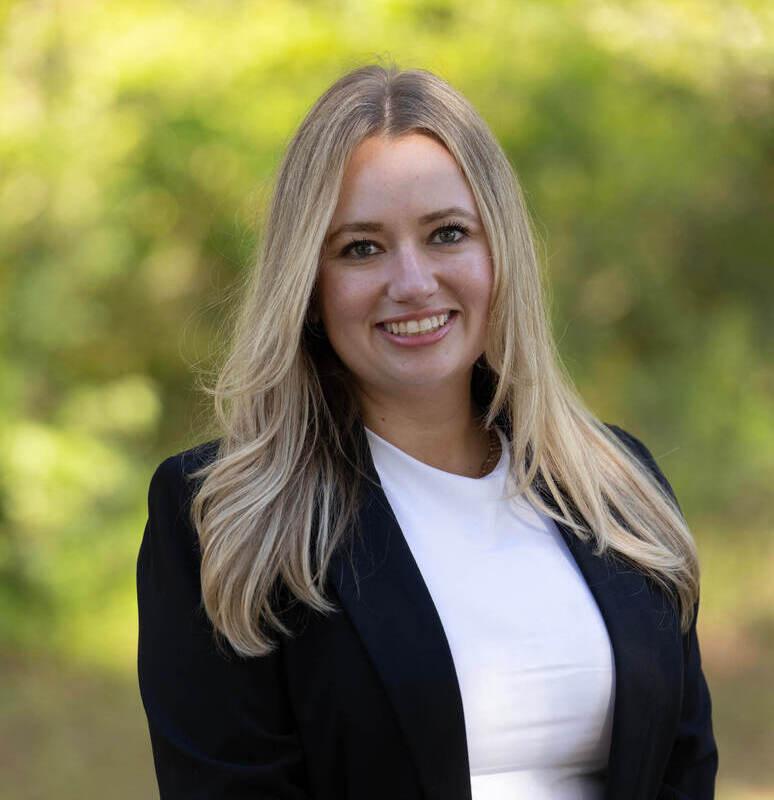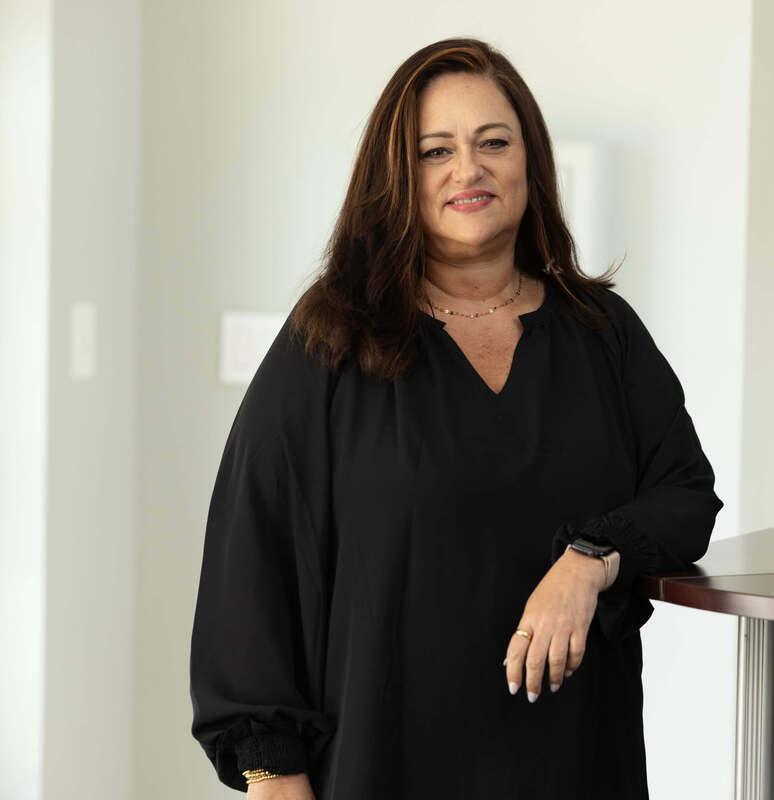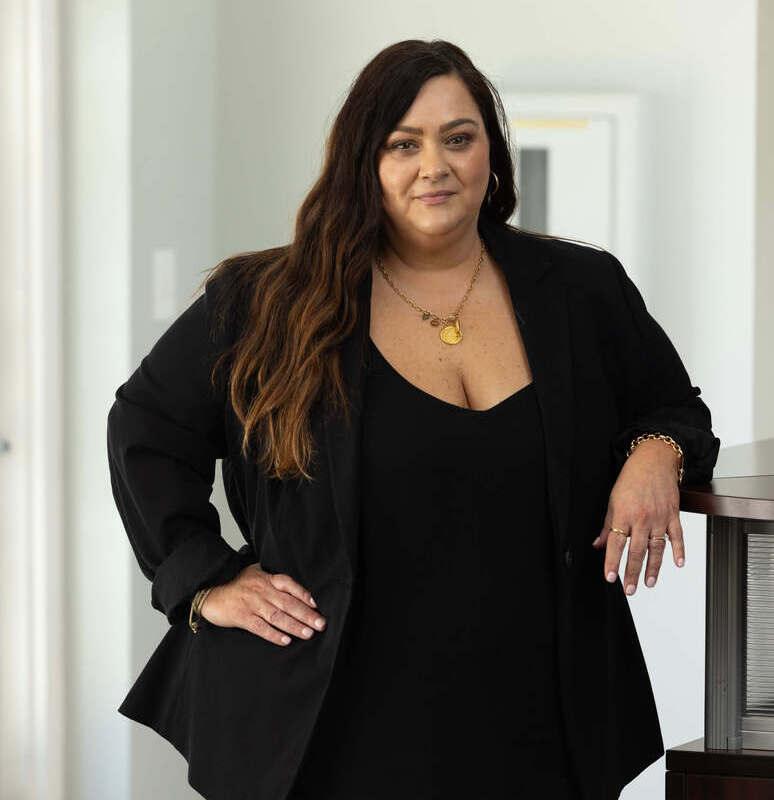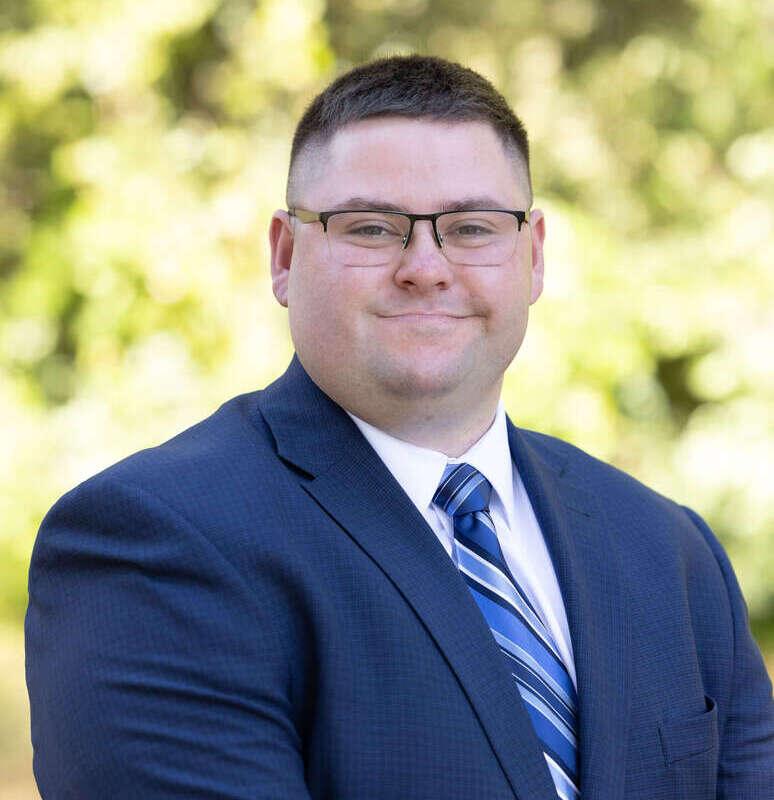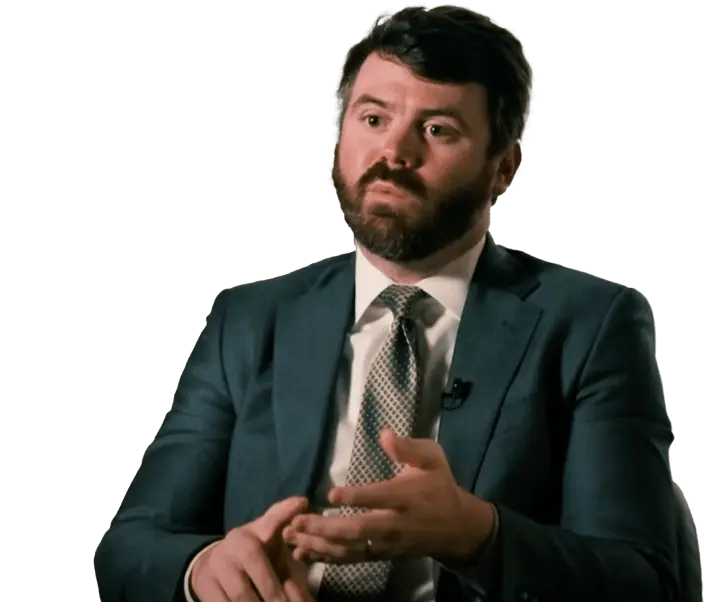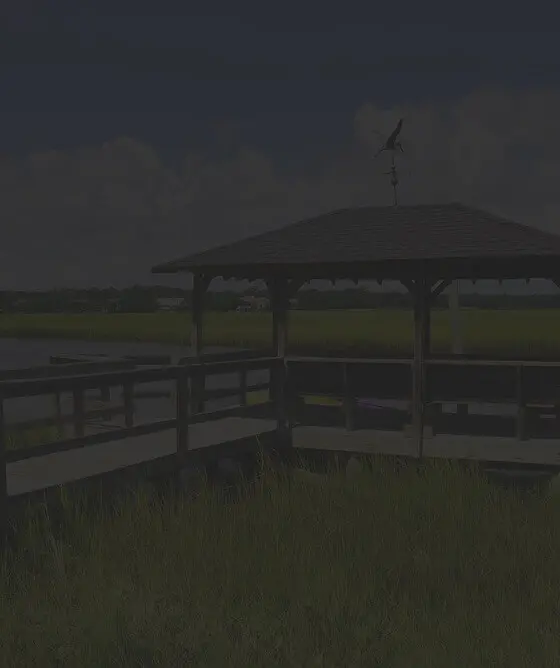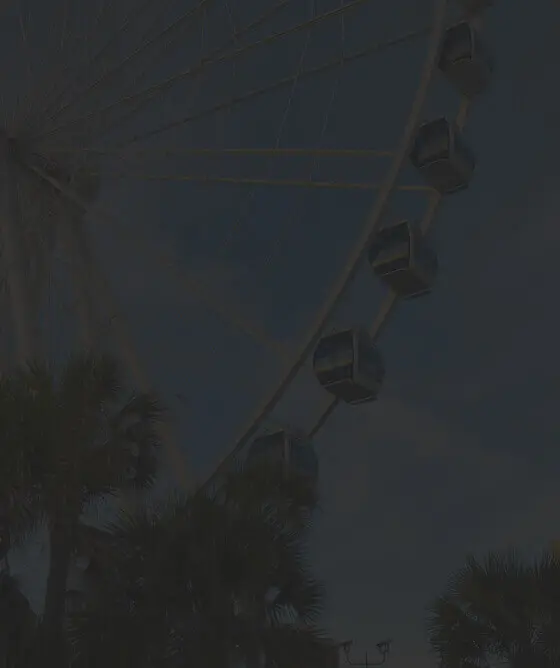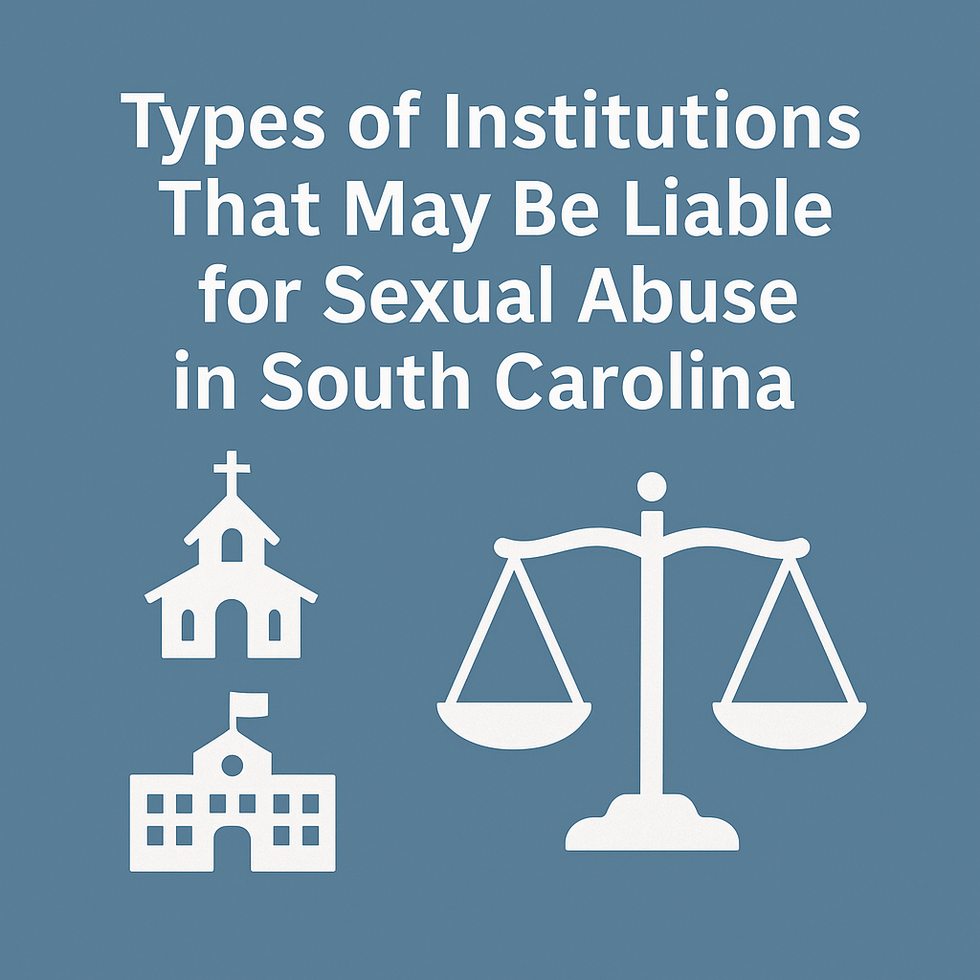
Who Can Be Held Liable for Institutional Sexual Abuse in South Carolina?
Sexual abuse doesn’t always happen in isolation. In many cases, organizations and institutions knew—or should have known—that abuse was taking place and failed to stop it. South Carolina law allows survivors to file civil lawsuits not just against the individual abuser, but also against the institution that enabled the abuse.
At Hopkins Law Firm, we hold both perpetrators and powerful organizations accountable when they put children, students, patients, or members at risk.
Common Institutions Involved in South Carolina Sexual Abuse Cases
1. Churches and Religious Institutions
Clergy sexual abuse has received widespread national attention—and for good reason. Survivors often report abuse that occurred over months or years, covered up by bishops, elders, or church leaders.
-
Dioceses or denominations can be liable
-
Claims may include failure to supervise, transfer of known offenders, or failure to report abuse
2. Public and Private Schools
Teachers, coaches, administrators, and counselors are often in trusted positions. When schools fail to act on reports of abuse—or ignore red flags—they can be sued for negligence.
-
Includes K–12 and universities
-
Can involve athletic programs, dormitories, or student-teacher relationships
3. Daycares and Youth Programs
From after-school activities to national youth organizations, staff and volunteers may be unsupervised with minors. Programs like:
-
Boy Scouts/Girl Scouts
-
YMCA
-
Church youth groups
-
Summer camps
4. Healthcare Facilities and Mental Health Providers
Therapists, doctors, and nurses may exploit vulnerable patients. Medical institutions may be liable if they failed to act on complaints or hired someone with a known history of misconduct.
5. Foster Care and Group Homes
State and private agencies that place children in foster or residential care may be held liable for:
-
Failing to screen foster parents
-
Ignoring abuse reports
-
Inadequate supervision or training
How Institutions Cover Up or Enable Abuse
Unfortunately, many organizations prioritize their reputation over the safety of survivors. Common patterns we see include:
-
Transferring known abusers instead of removing them
-
Silencing victims through intimidation or confidentiality agreements
-
Ignoring or downplaying allegations
-
Failing to conduct background checks or investigate complaints
When this happens, our firm takes decisive legal action on your behalf.
What Legal Claims Can Be Brought?
In a civil lawsuit, Hopkins Law Firm may bring claims against institutions for:
-
Negligent hiring or retention
-
Failure to supervise
-
Negligent training or oversight
-
Cover-up or conspiracy to conceal abuse
-
Infliction of emotional distress
We’ll determine which legal theories apply to your situation and build the strongest case possible.
What to Do If You Suspect Institutional Negligence
If you or your child was abused in a setting connected to a school, church, camp, or organization, we recommend:
-
Document as much detail as possible (dates, people involved, past reports)
-
Seek mental health support if needed
-
Contact an attorney with experience in institutional sexual abuse cases
You deserve accountability and answers. Our attorneys handle these matters confidentially, with trauma-informed care.
Start With a Private Consultation
Hopkins Law Firm represents survivors across South Carolina, including Charleston, Georgetown, Myrtle Beach, and Pawleys Island. We help clients file claims against:
-
Religious organizations
-
School districts and universities
-
State agencies
-
National youth organizations
-
Private medical or educational institutions
📞 Contact us for a free, confidential consultation
